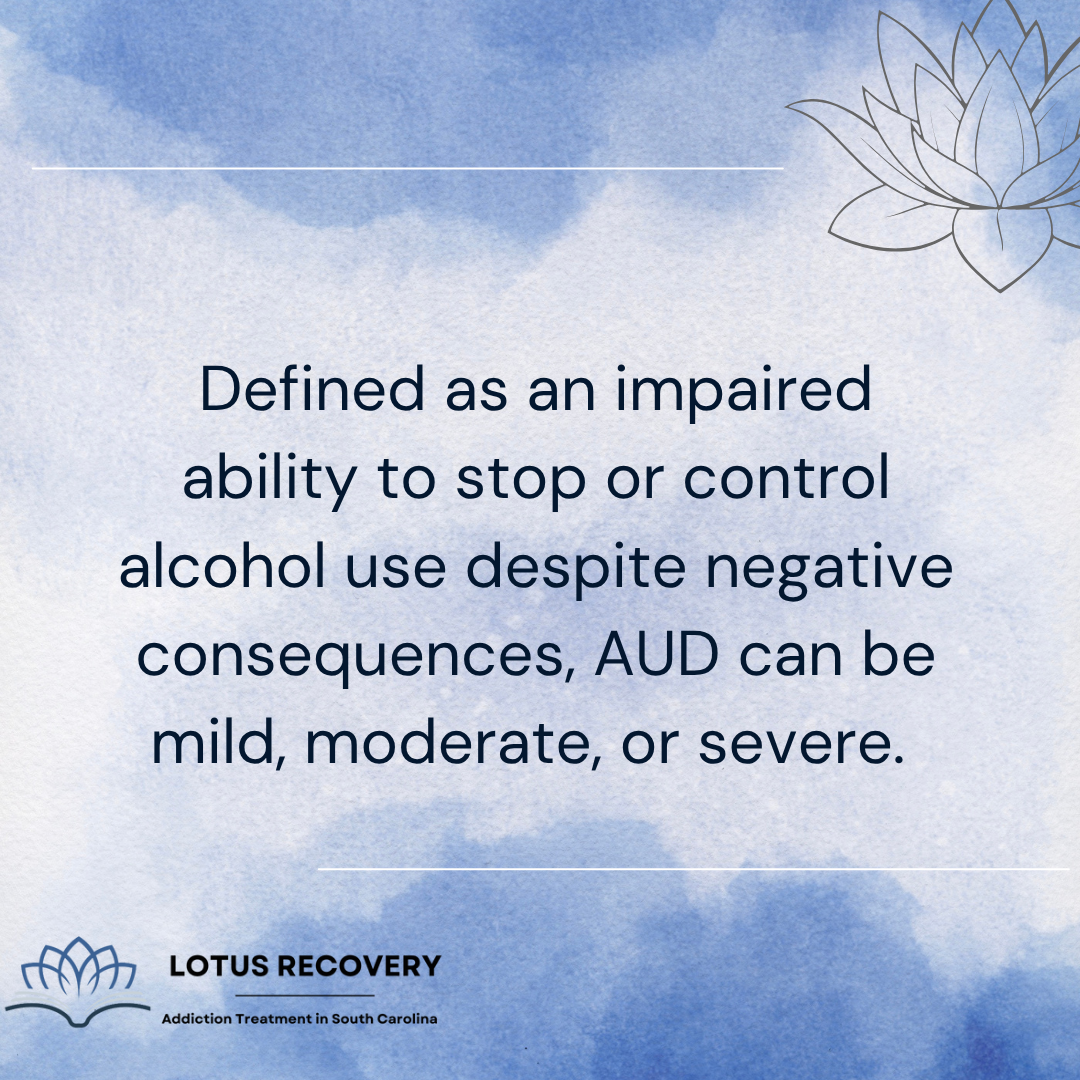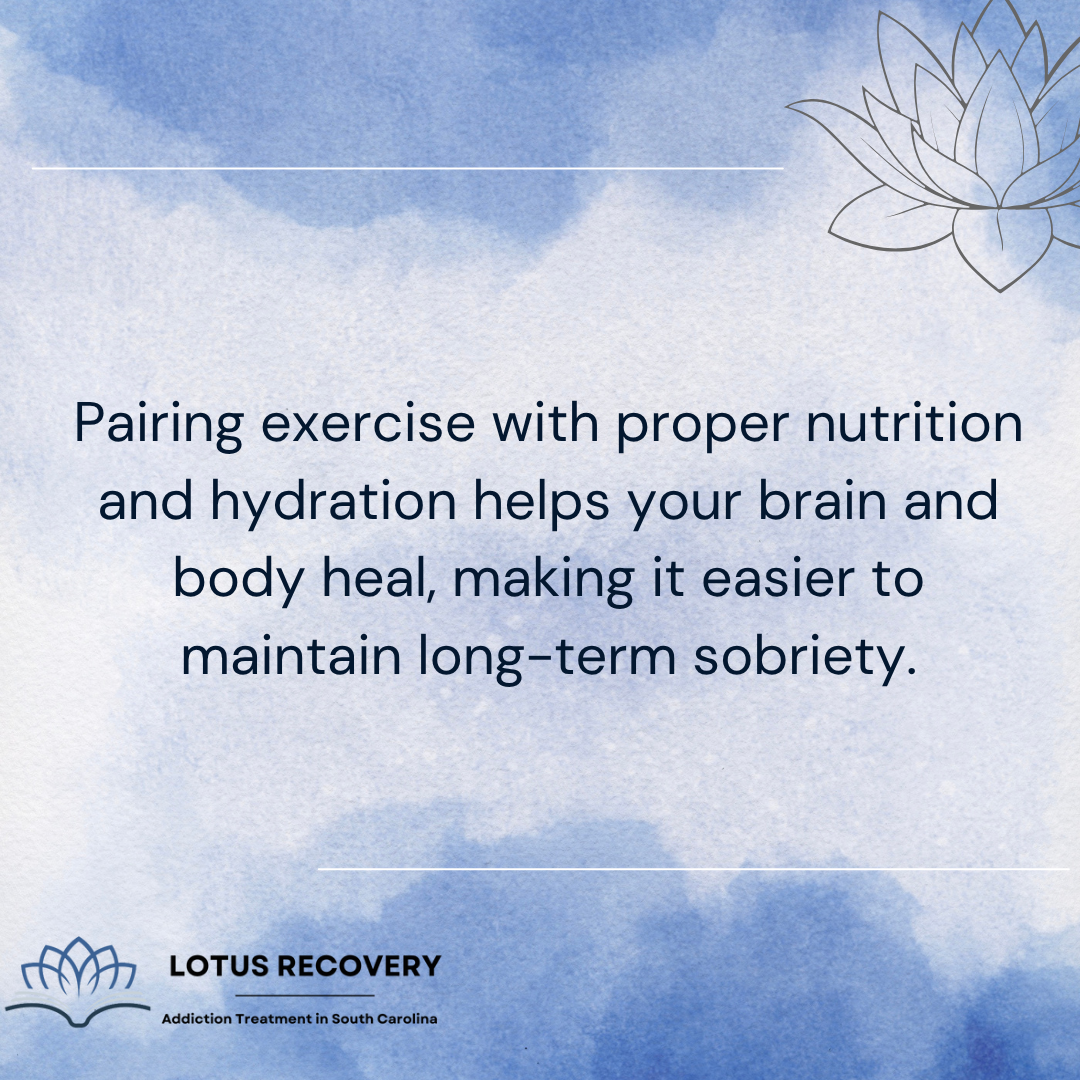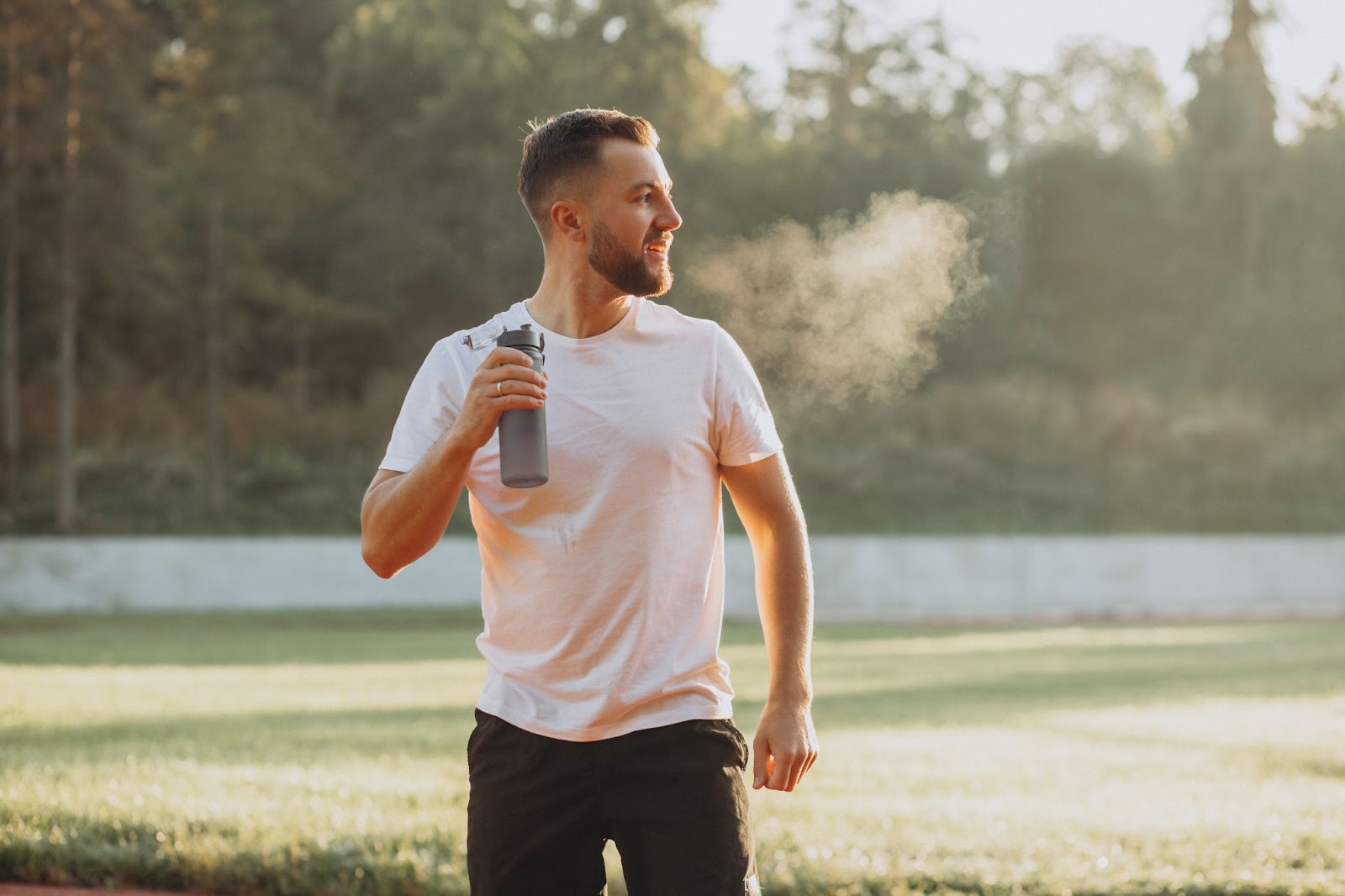
Discover practical strategies to stay alcohol-free. Build healthy habits, avoid triggers, and know when to seek professional help.
Your drinking problem could be alarming, even if you’ve completed treatment or made it through early sobriety. Recovery doesn’t end the moment you leave a program. It’s an ongoing journey that requires attention, support, and proactive steps to protect your progress.
Many people relapse because they underestimate triggers, face unexpected stress, or don’t have a solid plan to handle challenges. However, learning how to stay alcohol-free long-term is absolutely possible, especially when you prepare for real-life situations and build a strong support system around you.
In this blog, we’ll explore practical ways to protect your sobriety and strengthen your recovery every day.

Ask addiction treatment centers in South Carolina, and they’d agree: Alcohol Use Disorder (AUD) is more than just a bad habit. In fact, it’s recognized as a chronic brain disease by the National Institute on Alcohol Abuse and Alcoholism (NIAAA) and outlined in the DSM-5.
Defined as an impaired ability to stop or control alcohol use despite negative consequences, AUD can be mild, moderate, or severe. And it is affecting millions across the U.S. According to the 2023 National Survey on Drug Use and Health, 28.9 million people aged 12 and older experienced AUD in the past year.
Alcohol misuse creates lasting changes in the brain, particularly in areas tied to decision-making, impulse control, and the stress response. These changes make quitting difficult, even for those who desperately want to stop, and they significantly increase the risk of relapse over time.

Completing alcohol and drug treatment is a huge milestone, but staying sober takes ongoing effort. Learning how to stay alcohol-free means building a lifestyle that supports your recovery and helps you avoid triggers that could lead to relapse.
Here are practical strategies to help you protect your sobriety in the long run.
One of the most effective ways to stay sober is to create structure in your day. Without a plan, it’s easy to fall into old habits or feel overwhelmed by idle time, which can lead to temptation. So, it pays to map out your mornings, work hours, meals, and downtime.
Keep in mind that having a routine helps you focus on positive activities, reduces decision fatigue, and gives you a sense of control.
Social settings that involve alcohol or friends who encourage drinking can be especially challenging. Early in recovery, it’s best to decline invitations that may put your sobriety at risk.
Over time, you’ll learn how to navigate these situations, but in the beginning, staying away from high-risk environments gives you a stronger chance of success. Saying “no” is not a sign of weakness but a necessary boundary for protecting your health.
When you stop drinking, you may feel a void where alcohol used to be in your life. Filling that space with healthy habits is essential.
Try activities like cooking new meals, picking up creative hobbies, or even volunteering in your community. These new routines help rewire your brain to seek pleasure and satisfaction from positive, fulfilling experiences rather than alcohol.
Sobriety doesn’t have to be a lonely journey. Surrounding yourself with supportive friends, family, or peers in recovery can keep you grounded.
Many people form these connections during stays at a residential treatment center, where they build relationships with others who truly understand the challenges of addiction. After treatment, staying connected (through support groups, therapy, or even online communities) can be a huge help when life gets tough.
It may seem like a small step, but eliminating alcohol from your living space is one of the most powerful things you can do for yourself. When temptation is just a few steps away, willpower alone might not be enough.
So, by clearing your home of alcohol, you reduce unnecessary risk and create a safe, supportive environment for your recovery.

No article about how to stay alcohol-free is ever complete without putting an emphasis on exercising. Exercise can help you repair some of that damage while boosting your mood naturally through endorphin release. Even light activities like walking or stretching can reduce cravings and help you sleep better.
Moreover, pairing exercise with proper nutrition and hydration helps your brain and body heal, making it easier to maintain long-term sobriety.
Recovery is a marathon, not a sprint. Setting small, realistic goals (e.g., staying sober for one week, then one month) can help you stay motivated. Celebrating these milestones reinforces your progress and reminds you why you started this journey.
Sobriety isn’t always linear, and there’s no shame in needing extra help along the way.
30 day programs and 90 day rehab programs offered through South Carolina addiction treatment centers can provide renewed structure and professional support if you feel like you’re slipping. These programs offer counseling, medical care, and relapse prevention tools that help you rebuild your foundation for recovery.
Recovery is rarely perfect, and setbacks can happen to anyone.
Instead of giving in to guilt or self-criticism, remind yourself that every day sober is a victory, and slip-ups don’t erase your progress. Reflect on what led to the setback, seek support, and use the experience to strengthen your long-term recovery plan.

Learning how to stay alcohol-free doesn’t stop the day you leave treatment. Instead, it’s a lifelong journey built on structure, healthy habits, and ongoing support. From creating daily routines to building a strong network and seeking professional help when needed, each step you take strengthens your commitment to sobriety.
Seeking guidance that truly lasts? Our team at Lotus Recovery is passionate about helping you thrive beyond treatment. Reach out today and start building a life where alcohol no longer holds you back.

Reviewer
Henna is a content strategist with over 5 years of experience in behavioral health marketing. She specializes in creating informed, compassionate content for addiction treatment centers, using her deep understanding of the industry to educate, engage, and support individuals seeking recovery.